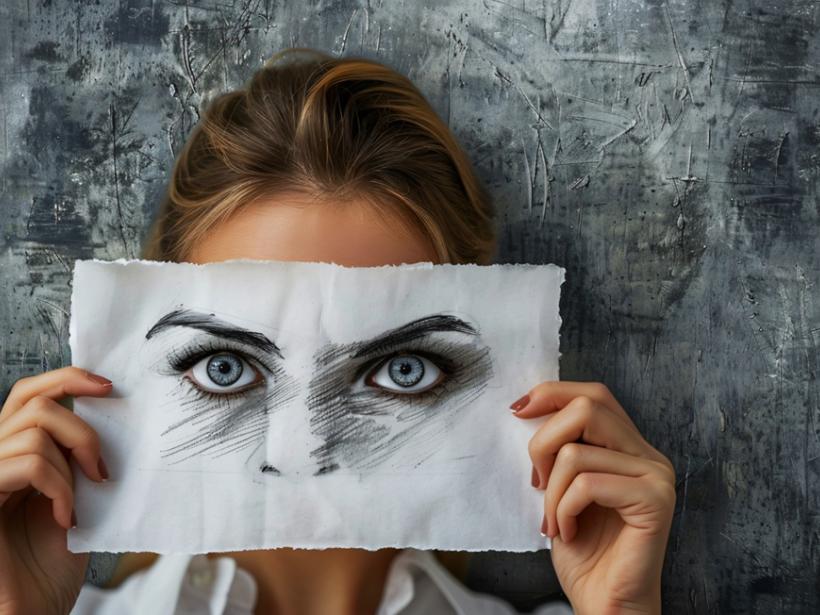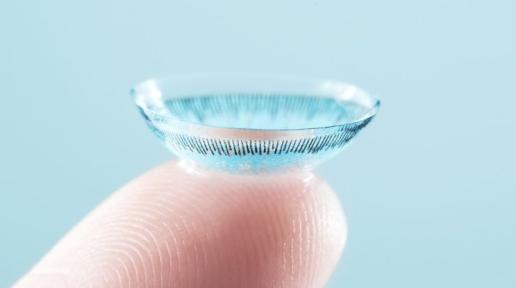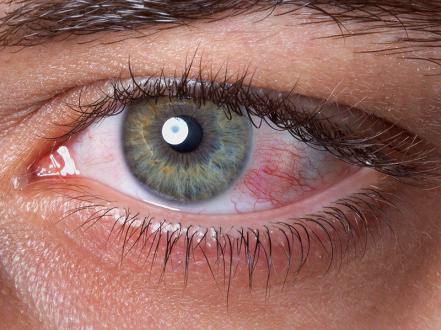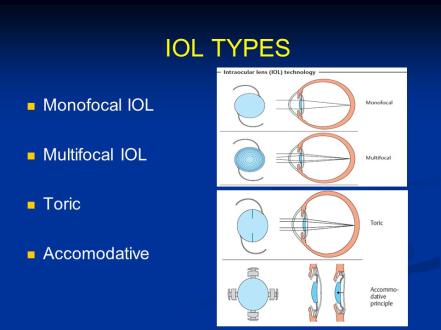One of the most starkly apparent outward indications of facial trauma is a black eye. Although it may look intimidating, in the majority of instances, it's nothing to worry about. However, many individuals are rightly concerned about how long the swelling and discoloration will last. So, how long do black eyes take to heal? The healing time relies on the severity of the trauma, the person's health, and the sensitivity of the recuperation. Adequate treatment and timely intervention, as research has shown more recently, can significantly reduce healing time. Familiarity with what causes black eyes and how they should be handled can reduce pain and expedite recuperation.
What Causes a Black Eye?
Black eyes are caused by the pooling of blood and fluid under the skin around the eye due to injured blood vessels. These are the most common causes:
- Sports trauma (especially contact sports like football or boxing)
- Falls or accidents (like bumping your face on a hard object)
- Physical combat (like a punch or blunt trauma)
- Dental or facial surgery
- Sinus infections that cause pressure build-up
- Complications from certain eye or facial surgeries
Seldom will patients recovering from some cataract types get bruising around the eye when there was trauma from the surgery.
How Long Do Black Eyes Take to Heal?
One of the questions doctors are most frequently asked is “How long do black eyes take to heal?” The healing is multi-stage, and the timeframe depends on the severity of the injury and the patient's health.
Factors That Determine the Healing Time
There is no single answer to “how long does it take to heal a black eye”, as various factors are at play. Age could play a part in healing—children and young adults heal quicker than the elderly. Also important is the intensity of the impact: a minor bump can heal within just a few days, while a serious one will take over two weeks.
Patients with diseases such as diabetes, anemia, or those with a condition responsible for a coagulation disorder may take longer to heal. Prompt treatment, including icing and rest, also affects the efficiency with which the bruise heals. Recovery is determined by how well the blood that has collected under the skin around your eye is reabsorbed.
Normal Healing Process
The understanding of “how long does a black eye take to go away” comes into focus upon knowing what the healing process involves. In the first two days, the area usually appears puffy and black or dark purple. In day three or four, the bruise may start to shift color, becoming bluish-green, then yellow as it fades. Black eyes generally appear much improved in 5–7 days. In healthy individuals with slight injury, coloring can be nearly fully corrected after seven days. For more serious trauma, full recovery will occur in 10 to 14 days. That's why the question of “how long do black eyes take to heal” cannot be answered exactly—it depends on how your body reacts.
How to Speed Up Healing
If you wish to minimize the appearance of a black eye, there are a few things that you can do to speed up the healing process. Taking care of yourself and rushing to the rescue can get you back on your feet sooner.
Home Remedies for Faster Healing
The ideal home treatment is an ice pack within the first 48 hours. This constricts blood vessels and lessens internal bleeding. After swelling has passed, warm packs can promote circulation to flush out trapped blood. Elevating your head, even while sleeping, lessens pressure on the affected area. Fluid intake, eating foods rich in vitamins, and avoiding cigarette smoking also aid in healing.
Over-the-Counter Treatments
Over-the-counter treatments are often utilized as a treatment for a black eye. Pain relievers containing acetaminophen will be beneficial if the bruise hurts, but do not use aspirin initially because it will worsen bleeding. Topical arnica or vitamin K creams and gels have been discovered to cause the bruises to clear up faster. Cold packs and bruise treatment pads are available to be used on the face. Even though these treatments will not immediately take effect, they will reduce swelling and pain and minimize recovery time.
Can Black Eyes Cause Complications?
Although rare, black eyes can, on occasion, be symptoms of more serious damage. Vision will be obstructed if the eye is traumatized, and professional help must be sought. Hyphema, or bleeding inside the eye, is one such medical emergency. Double vision, dizziness, leakage of fluid from the ear or nose, or a black eye not improving after 14 days are all indications that need to be investigated with a doctor.
Myths and Misconceptions about Black Eyes
There are a number of common myths about black eyes. One such myth is that putting raw meat over the bruise will do some good—this is pointless as well as unhealthy. Another one is that massive injuries themselves cause black eyes. The truth is that even a small bump can break capillaries based on an individual's skin and health.
Lastly, a black eye is not always a sign that the eye was damaged; instead, most cases only affect the surrounding tissue.
Conclusion
Black eyes are a common but often harmless form of facial bruising. While “how long do black eyes take to heal” depends on many factors, most cases clear up in one to two weeks. Prioritize recovery, and you’ll protect both your appearance and long-term eye health. And remember that prompt care and rest can make all the difference.






